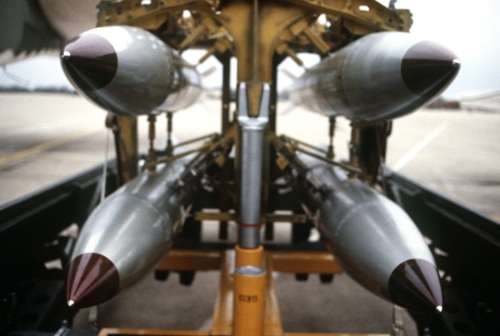
Latvia

Country Spotlight
Forcibly incorporated into the Soviet Union in 1940, Latvia regained its independence in 1991 when the Soviet Union collapsed. Riga has since joined NATO and the European Union, and is a member of relevant nonproliferation organizations and regimes. Latvia does not possess or produce nuclear, chemical, or biological weapons.
See Latvia's performance in:
Region Former Soviet Union
1961 The Salaspils research reactor became operational
14.4 kg Highly enriched uranium transferred to Russia in 2008
2017 Withdrew from a joint plan with Estonia and Lithuania to construct a nuclear power plant
Nuclear
- No nuclear weapons pursuit or possession since 1991 independence
- Free of highly enriched uranium (HEU) since 2008
- Announced in 2022 a partnership with the U.S. under the FIRST program for nuclear energy cooperation

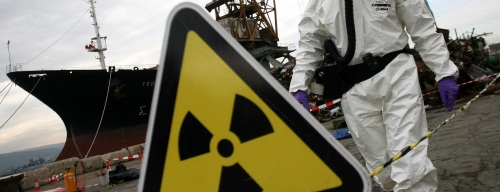
Tutorial on Nuclear and Radiological Security
Biological
- No biological weapons possession or development since 1991 independence
- Member of the Australia Group
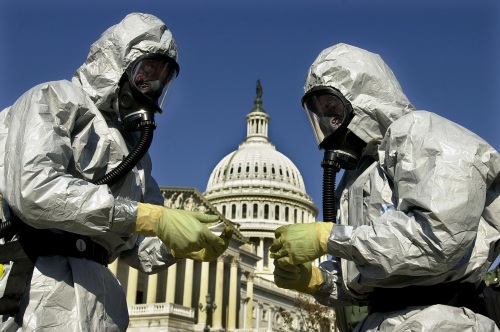
Tutorial on Biological Weapons Nonproliferation
Latvia Overview
Missile
- Does not field ballistic missiles, purchasing U.S. Naval Strike Missile anti-ship cruise missiles
- Soviet-era missile production facilities decommissioned
- Not a member of the Missile Technology Control Regime (MTCR), but abides by its guidelines
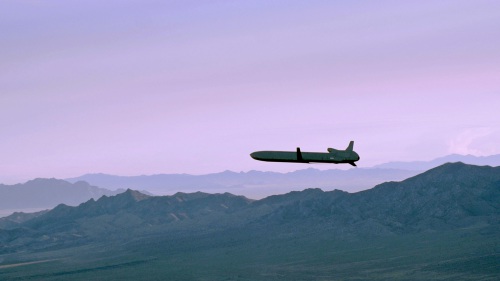
Tutorial on Missiles and Other WMD Delivery Systems
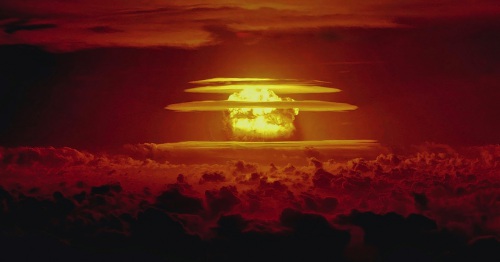
Tutorial on Nuclear Testing
Chemical
- Has never possessed or sought to develop chemical weapons
- Member of the Australia Group
- Has maintained an export control system since 1995
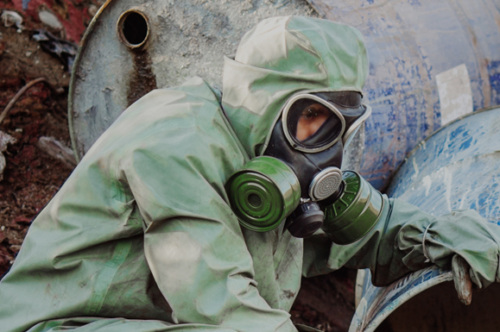
Tutorial on Chemical Weapons Nonproliferation
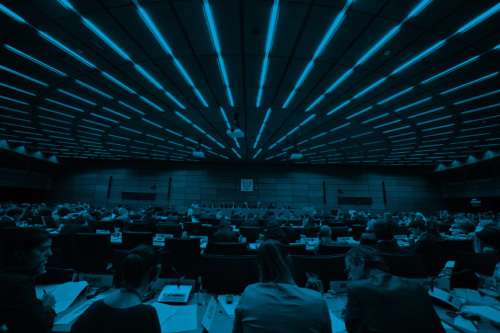
NTI Tutorials
Treaties and Regimes Memberships
- NTI
- CNS
Analysis
Latvia
Latvia Overview
Sec. Moniz Appears on MSNBC’s Morning Joe on 2nd Anniversary of Iran Deal
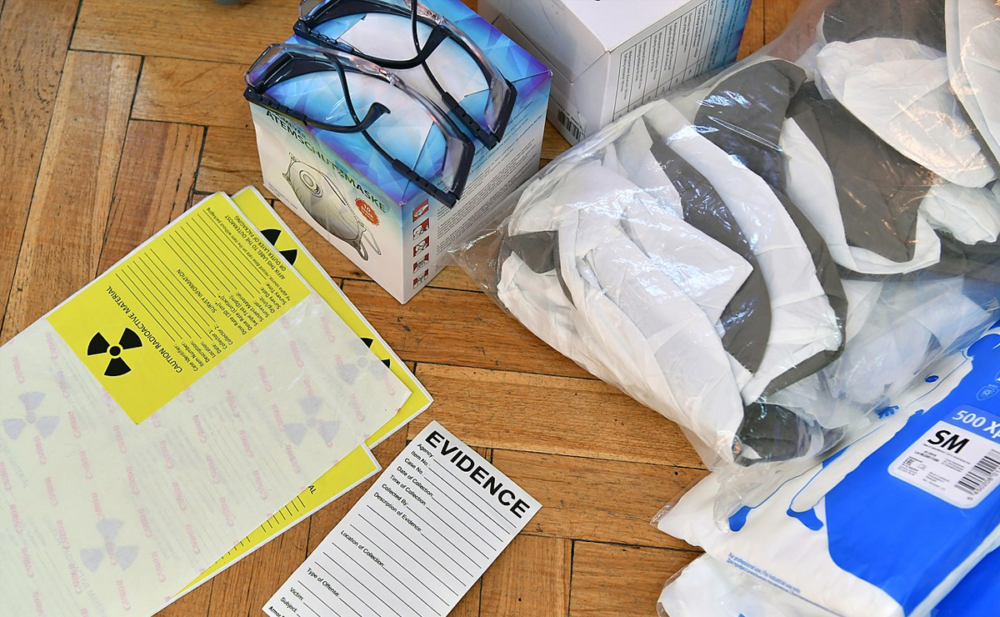
NIS Nuclear Trafficking Collection

Education Center

